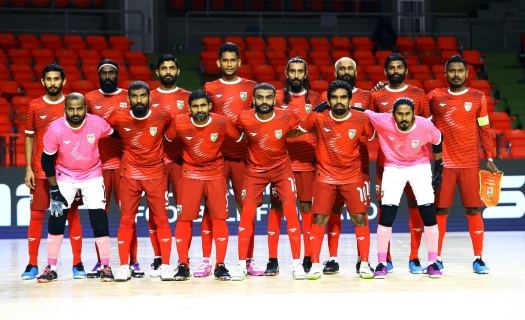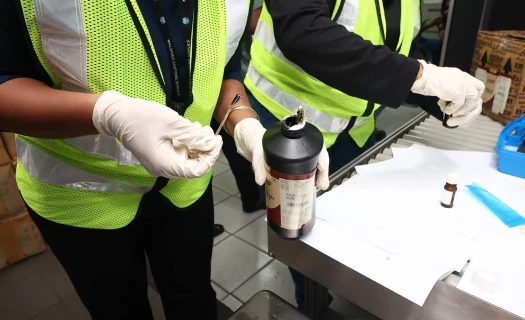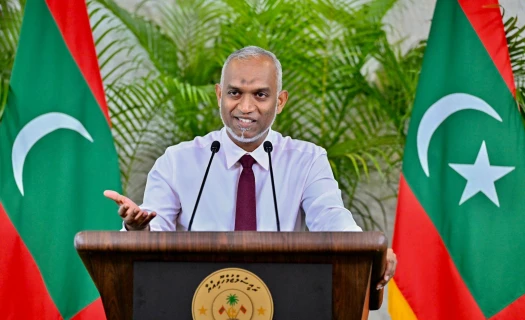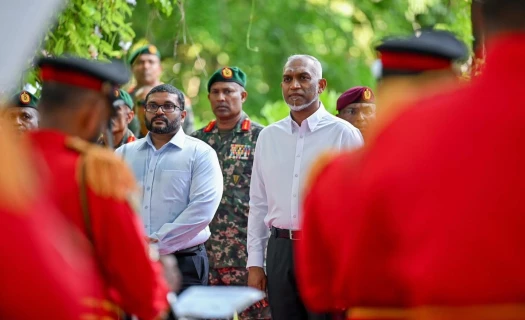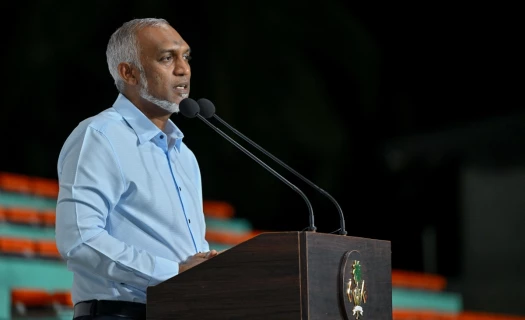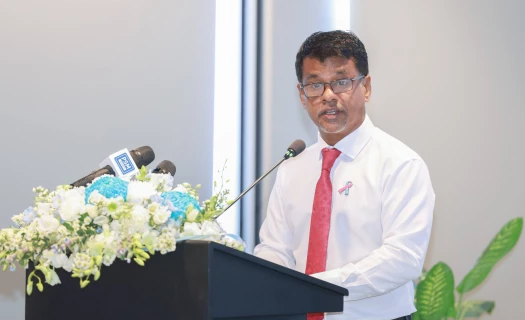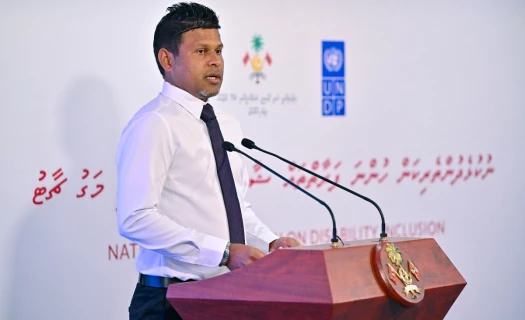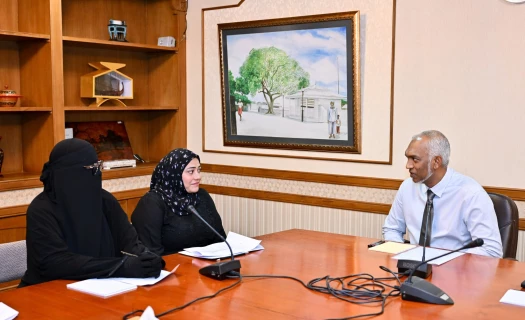Enrico Gaveglia ends tenure as UNDP Maldives chief, leaving legacy of innovation and impact

The United Nations Development Programme (UNDP) in the Maldives has announced the conclusion of Resident Representative Enrico Gaveglia’s term, marking the end of a period marked by transformative shifts in development cooperation and national capacity building.
Since assuming office in October 2021, Gaveglia led a dynamic period for UNDP Maldives, steering the organization beyond traditional development roles to become a strategic partner for national development.
His tenure saw the launch of the 2022–2026 Country Programme, which emphasized fiscal resilience and innovative financing approaches for the island nation.
As external aid fell to 4% of the national budget, UNDP, under Gaveglia’s leadership, helped the Maldives navigate its upper-middle-income status through impactful initiatives.
These included launching the Integrated National Financing Framework in 2023, followed by the creation of an SDG Taxonomy and Sustainability Framework to guide over USD 5.5 billion in sustainable investments.
The country’s first ESG reporting framework was also supported by UNDP in 2024.
Efforts to strengthen climate resilience included developing a reef-focused parametric insurance product in collaboration with the Maldives Monetary Authority and initiating a blended finance facility for the blue economy.
In parallel, the UNDP Accelerator Lab introduced innovative, community-driven methods to improve urban development, digital readiness, and data-driven policy-making.
UNDP’s environmental work also achieved notable milestones, including securing support from Australia for the first time, and catalyzing over USD 1 million in private sector financing through The Coca-Cola Foundation.
A first-ever donation from China for an Early Warning project further underscored confidence in UNDP’s delivery capabilities.
On governance, UNDP supported the creation of a comprehensive Gender Equality Action Plan and worked to enhance digital access to justice, particularly for vulnerable communities.
The agency also advised the government on cost-effective healthcare procurement strategies, contributing to the formation of a centralized procurement body within the Ministry of Finance.
These initiatives reflect a shift toward locally owned, sustainable, and resilient development models.
With 25% of UNDP’s global programme now funded by host governments, the Maldives’ experience under Gaveglia’s leadership illustrates the growing trust in multilateral cooperation and evidence-based policy solutions.
As his term ends, UNDP reaffirms its long-term commitment to supporting the Maldives in building a resilient and inclusive future.
